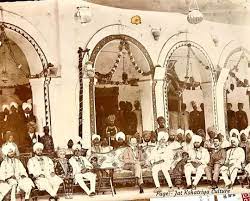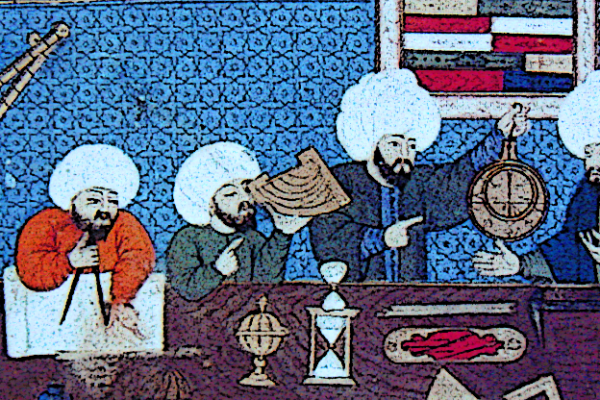
The Fear of AI Controlling the World: An In-Depth Analysis and Addressing Human Concerns
The rapid advancement of AI has sparked widespread concerns about the potential for AI to control various aspects of human life and even dominate the world. This in-depth analysis explores key questions, such as whether AI will surpass human intelligence, develop autonomous goals, or be weaponized. It also examines the impact of AI on jobs, privacy, and existential risks. Addressing these fears requires public education, ethical AI development, robust regulation, interdisciplinary collaboration, and proactive risk assessment to ensure AI serves humanity rather than posing a threat.
















